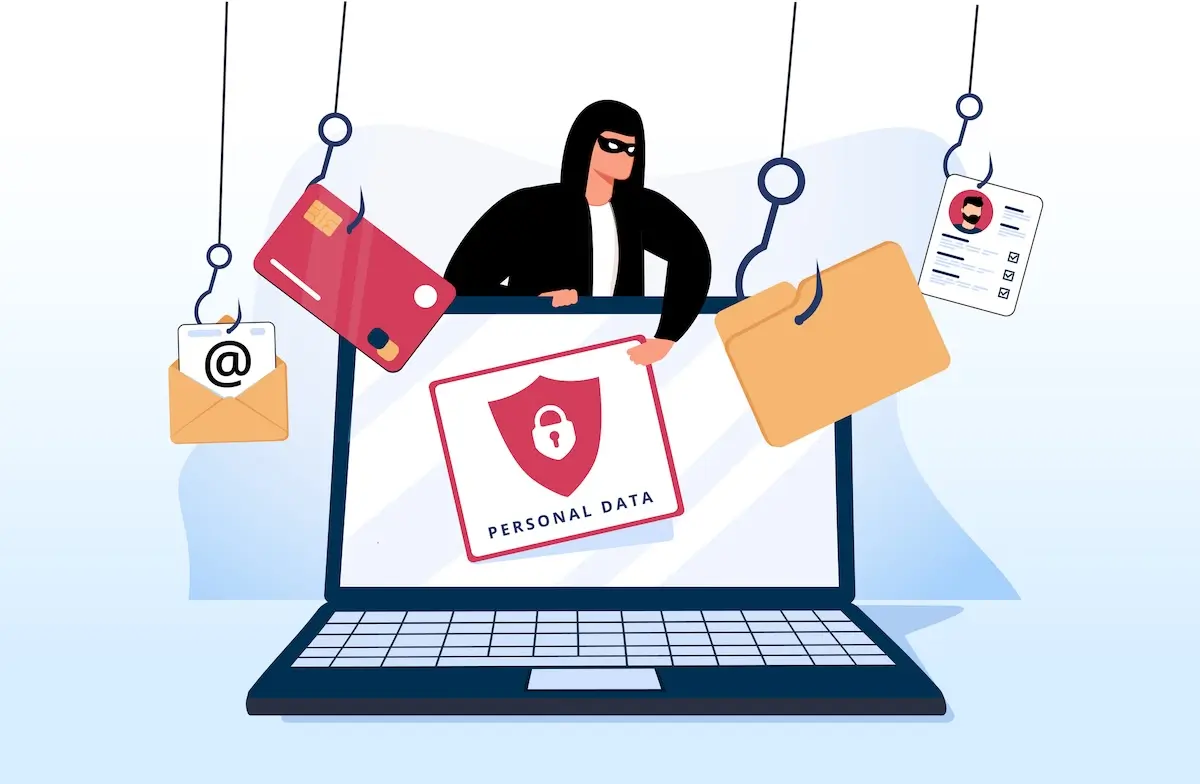Digital assets (think stablecoins, tokenized deposits, and tokens for anything from art to avocados) now sit everywhere from the headlines to your phone wallet. They promise speed, liquidity, and market access most bank managers only dream about. Yet, underneath the fancy packaging, some unintended risks are bubbling up, ready to surprise anyone who thinks digital always equals “better.”
Quick answers — jump to section
- Speculation outweighs productive use
- Regulation uncertainty and high compliance costs
- User experience limits mainstream adoption
- Financial inclusion: promise and risks
- Operational risks and security concerns
- Environmental impact and socio-technical challenges
- Summary table of key unintended consequences
- Moving forward
- FAQ
Speculation outweighs productive use
Programmable digital assets may have the potential to shape the next era in finance, but most of the time they’re moonlighting as casino chips. Instead of fueling real economic activity, they’re exchanged as volatile bets – “let’s spin the Bitcoin wheel, shall we?”
This tilt toward speculation isn’t just a harmless hobby; it drives wild price swings and keeps mainstream businesses at bay. Until assets grow up and start paying bills, their value for commerce, supply chains, or DeFi remains underfed.
Regulation uncertainty and high compliance costs
Trying to start a digital asset venture can feel like asking three different referees about the rules. Every jurisdiction has a unique playbook, most written in invisible ink. From tokenization to custody and trading, unclear regulations mean businesses spend big on compliance but still wind up crossing their fingers.
As a result, institutional investors hesitate, worried their next move could be a legal misstep. True innovation trudges through legal murk, slowing adoption and making integration with traditional markets a marathon, not a sprint.
User experience limits mainstream adoption
Crypto apps may have gotten slicker, but many still look like relics from the early internet. Designed by and for those who speak fluent blockchain, these platforms create a barricade for average users. One wrong click and you’re lost in a sea of private keys and forgotten passwords.
For digital assets to leave the cool underground club and join prime time, intuitive design and familiar workflows need to take center stage. Otherwise? Mainstream adoption will remain an elusive unicorn.
Financial inclusion: promise and risks

On paper, digital assets are a golden ticket for the unbanked, offering access, instant payments, and investing with fractions rather than fortunes. But just as quickly, they can morph into traps for the overconfident and the unlucky. Herd mentality drives risky behavior, scammers set clever snares, and without good safeguards, vulnerable people pay the price.
Empowerment and exploitation walk side by side here; the goal is to widen opportunities while keeping bad actors out.
Operational risks and security concerns
The crypto Wild West isn’t just a metaphor. Many platforms lack insurance, segregated asset systems, or protections against hackers who treat wallets like piñatas. Suddenly, assets get mixed, lost, or vanish overnight, especially in centralized systems where custody and recovery are patchy at best.
If security isn’t locked down, trust erodes. Sometimes faster than it takes for a viral meme to peak.
Environmental impact and socio-technical challenges
Some digital assets seemingly guzzle more energy than a small country. Beyond excessive electricity, these new technologies bring tricky challenges: privacy gaps, unclear governance, and social risks that spread quicker than a group chat rumor.
Operating at breakneck speed means split-second mistakes can ripple through the whole system, turning small bugs into societal headaches.
Summary table of key unintended consequences
| Area | Unintended Consequences | Impact |
|---|---|---|
| Speculation | Market volatility, underuse of productive digital finance | Economic instability, adoption limits |
| Regulation | Unclear rules, high compliance costs | Slowed innovation, legal risks |
| User Experience | Complex interfaces blocking average users | Restricted mainstream adoption |
| Financial Inclusion Risks | Consumer harm, scams, behavioral biases | Potential exploitation of vulnerable users |
| Operational Security | Lack of safeguards, hacks, commingled assets | Loss of funds, erosion of trust |
| Environmental & Social | High energy use, socio-technical risks | Environmental harm, societal challenges |
Moving forward
Digital assets can transform our financial lives, but not if they leave users stranded or regulators chasing ghosts. The key?
- Make platforms user-friendly, so everyone can navigate without needing a decoder ring
- Clarify regulations and make global compliance simpler
- Build real security into platforms to protect consumer assets
- Balance financial inclusion with consumer education and better fraud protection
- Factor in environmental footprints and broader social effects
Otherwise, digital finance risks losing trust, and nobody wants their wallet or reputation stuck in limbo.
FAQ
What are digital assets?
Digital assets include cryptocurrencies, stablecoins, tokenized deposits, and tokens representing real-world assets. They exist in digital form on blockchain or distributed ledger technologies.
Why do digital assets cause speculation?
Their volatility and ease of trade make digital assets attractive for short-term profit-seeking, leading to heavy speculative trading rather than long-term utility use.
How does regulation affect digital asset adoption?
Unclear and patchy regulations increase legal risks and compliance costs, slowing institutional adoption and integration with traditional finance.
Are digital assets safe investments?
They carry risks including market volatility, scams, and operational vulnerabilities like hacks or platform failures. Due diligence and safeguards are critical.
Can digital assets improve financial inclusion?
They have potential by enabling access to financial services for unbanked populations but require protection mechanisms to prevent exploitation and harm.
A grounded look at digital assets shows opportunity alongside real risks. Web3 leaders: prioritize better user experiences, clearer rules, and stronger safeguards. We can all benefit from the next chapter in digital finance without needing to dodge hidden traps.
_________________________________________________________________
Get your business referenced on ChatGPT with our free 3-Step Marketing Playbook.
Want to know how we can guarantee a mighty boost to your traffic, rank, reputation and authority in you niche?
Tap here to chat to me and I’ll show you how we make it happen.
If you’ve enjoyed reading today’s blog, please share our blog link below.
Do you have a blog on business and marketing that you’d like to share on influxjuice.com/blog? Contact me at rob@influxjuice.com.

